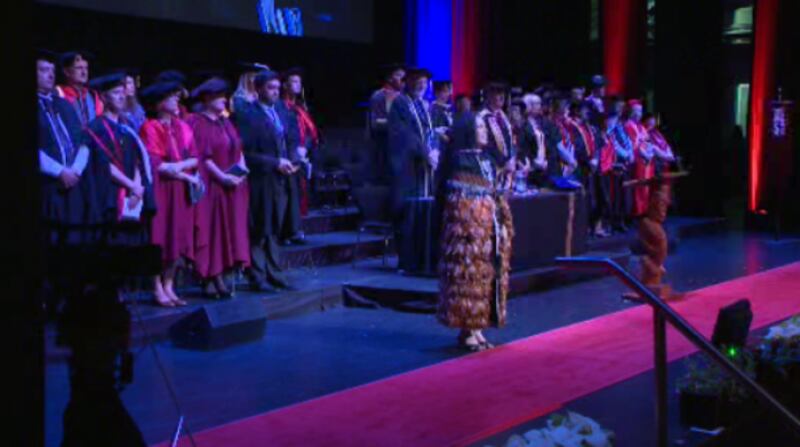New research shows that almost half of recent Māori university graduates were the first in their families to attend university, one third are parents and 70% are female.
Researchers collected information regarding the backgrounds of more than 600 Māori graduates, what they had studied, how they studied and their future plans after graduating.
Lead author Dr Reremoana Theodore says, “Māori graduates are critical for Māori futures and the future of New Zealand. We know that higher education is associated with benefits to the individual graduate, such as employment and better health, and to their communities, such as high rates of community service and reduced poverty.”
Half of Māori graduates studied humanities/education, followed by commerce (18%), science/engineering (15%), health sciences (11%), law (3%) and PhD study (2%).
GLSNZ Co-Director, Dr Karen Tustin, says, “In terms of societal benefits, many Māori graduates were looking to make a difference and a contribution in their future work to the Māori community and to society in general. This was particularly so for those who were the first in their families to attend university.”
The study revealed that Māori were underrepresented as graduates, especially when it came to postgraduate study.
Dr Theodore says, “Māori student support services, bridging programmes, increasing the numbers of permanent Māori academic and general staff, increased Māori research capability including indigenous methodologies and targeted research funding, and policies and strategies such as Māori participation in governance remain priority areas to ensure Māori students enjoy success at higher levels. This requires a whole of university approach to supporting Māori success with adequate government support to further improve outcomes.”

